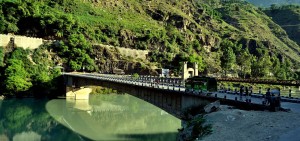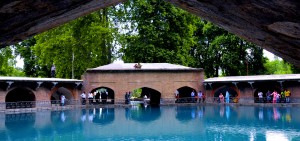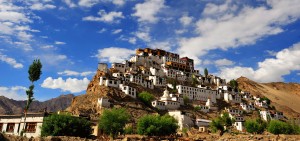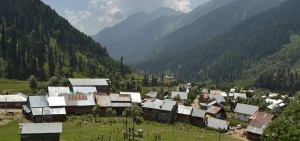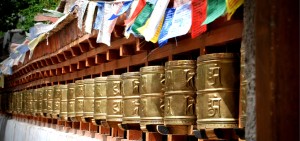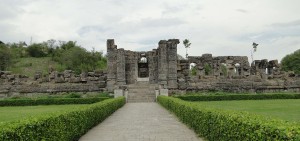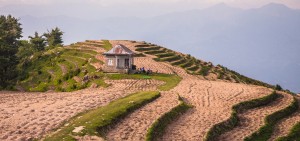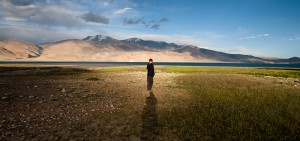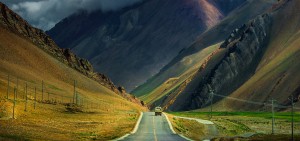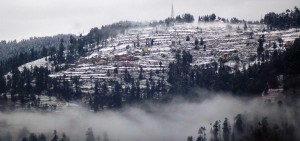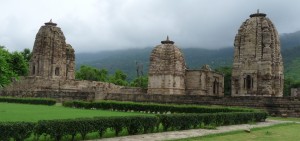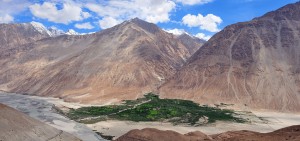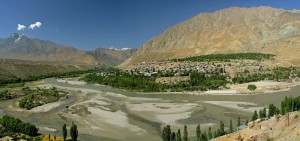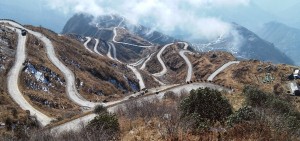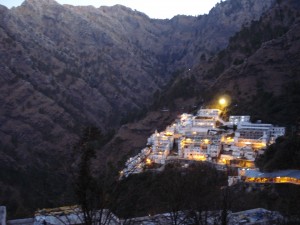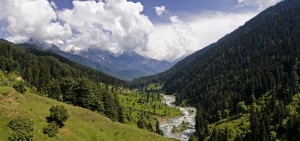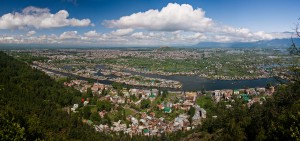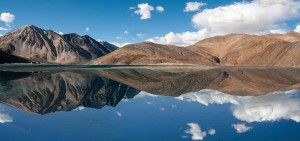Jammu and Kashmir (Dogri: जम्मु और कश्मीर; Urdu: جموں و کشمیر) is a union territory in northern India. It is a mountainous region of great beauty and diversity offering much in the way of outdoor activities and sights for the tourist.
Understand
[edit]
History
[edit]Jammu and Kashmir has a very rich and vibrant history, and is a melting pot of different cultures and religions. The region has served as a major centre for Hinduism and it has been a part of numerous empires, such as the Sikh Empire, the Mughal Empire, the Durrani Empire, and more recently, the British Empire.
During the 14th century, the spread of Islam rapidly intensified under the Shamiri Dynasty, and as a result, the region has the distinction of being one of the few areas in India with a Muslim-majority population, along with Ladakh and Lakshadweep.
As with all of the princely states that formed India during the partition of India in the late-1940s, Kashmir was given one of three choices: join India, join Pakistan or become independent. This presented a major political issue in Kashmir at the time, and there was no clear consensus on what was the correct choice.
Shortly thereafter, the city of Poonch faced an uprising sponsored by Pakistan, which eventually resulted in Kashmir losing control of Azad Kashmir and Gilgit-Baltistan. Given the deteriorating situation, the ruler of Kashmir, Maharaja Hari Singh, requested assistance from India. India agreed to provide military aid under the condition that Kashmir joined India. The maharaja then signed an agreement that made Kashmir a part of India, whereupon Indian troops entered the region and summarily defeated the Pakistani forces. To this date, a large portion of Kashmir is now administered by India, the rest being administered by Pakistan and China.
Since the 1980s, insurgent violence has ravaged the region, and the unrest has adversely affected what was one a thriving tourist industry. Perhaps one of the darkest periods of Kashmiri history was when one of the minority groups, the Kashmiri Pandits, were forcefully expelled from Kashmir. To this day, some 300,000 to 600,000 Kashmiri Pandits remain displaced, internally and externally.
In August 2019, the Indian government revoked the state's autonomy, drawing strong condemnation from many political parties in the region as well as the government of Pakistan, which responded by downgrading relations with India.
Both India and Pakistan have been accused of committing grave human rights violations in Kashmir, with scholars repeatedly condemning India for refusing to prosecute perpetrators of abuses in the region and Pakistan for sheltering and aiding terror groups which operate in the region.
While some Kashmiris hope for an independent and unified Kashmir, the majority seem to simply want peace.
Geography
[edit]Jammu and Kashmir has an area of 101,473 km (63,052 mi). The region is home to several valleys, including the much-visited Kashmir Valley. The Himalayas divide the region from Ladakh while the Pir Panjal Range separates the Kashmir Valley from Jammu Division.


